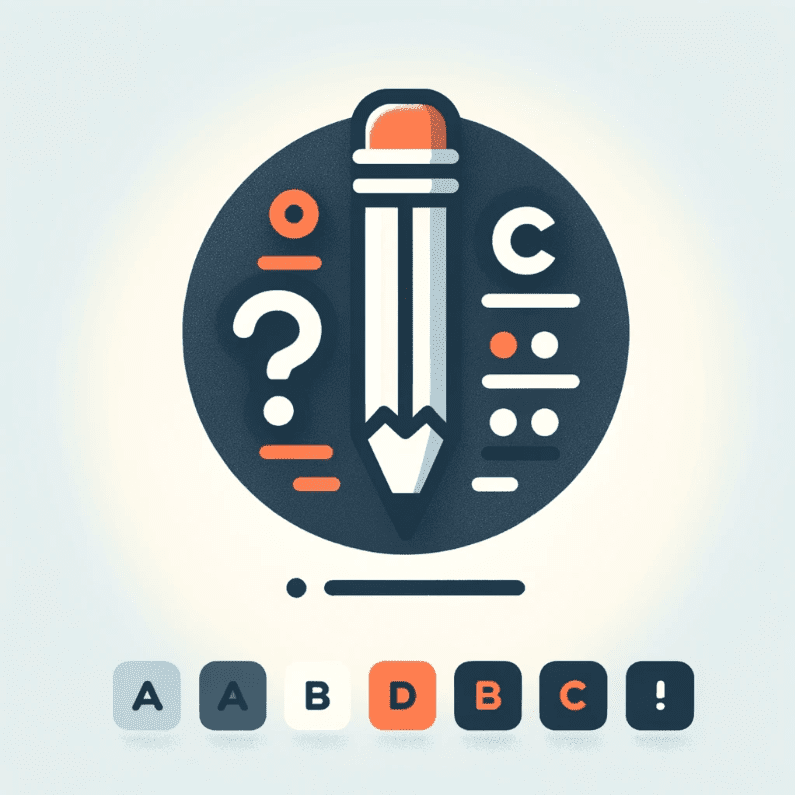Assessment in Science
Assessment in science education has evolved to align with the Next Generation Science Standards (NGSS), emphasizing 3-dimensional learning. NGSS promotes a holistic approach where students engage in three dimensions: disciplinary core ideas, science and engineering practices, and crosscutting concepts. Assessment in this framework goes beyond traditional testing, encouraging authentic demonstrations of understanding through investigations, experiments, and problem-solving. By assessing students across these dimensions, educators gain insight into not just what students know, but also how they apply scientific principles, analyze data, and communicate findings. This approach fosters a deeper understanding of scientific concepts and better prepares students for real-world challenges in science and beyond.
Three dimensional Learning
Science and Engineering Practices
Behaviors that scientists engage in as they investigate and build models and theories about the natural world.
Crosscutting Concepts
Concepts that link the different domains of science.
Disciplinary Core Ideas
Ideas that have broad importance or are a key organizing concept, and can be learned over multiple grades at increasing depth.

Depth of Knowledge
What is the complexity of the content knowledge students must learn? And how deeply does the context demand students understand and use their knowledge and thinking or learning?

Cognitive Rigor
Cognitive Rigor is measured by the depth and extent students are challenged and engaged to demonstrate and communicate their knowledge and thinking.

Item Analysis
How to evaluate student proficiency
Formative Assessment
Formative assessment in science, aligned with the Next Generation Science Standards (NGSS), plays a vital role in enhancing student learning by adapting teaching strategies based on ongoing evidence of student understanding. Dylan Wiliam emphasizes its importance in significantly boosting student achievement through timely feedback and active student engagement. Thomas Guskey further highlights its potential in deepening scientific understanding, advocating for actionable feedback and self-assessment to foster a responsive learning environment. Implementing these strategies supports NGSS’s aim of nurturing scientific literacy, demonstrating formative assessment’s critical role in effective science education.


